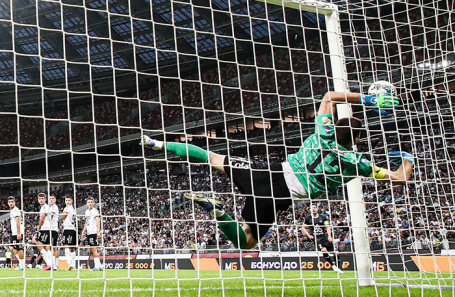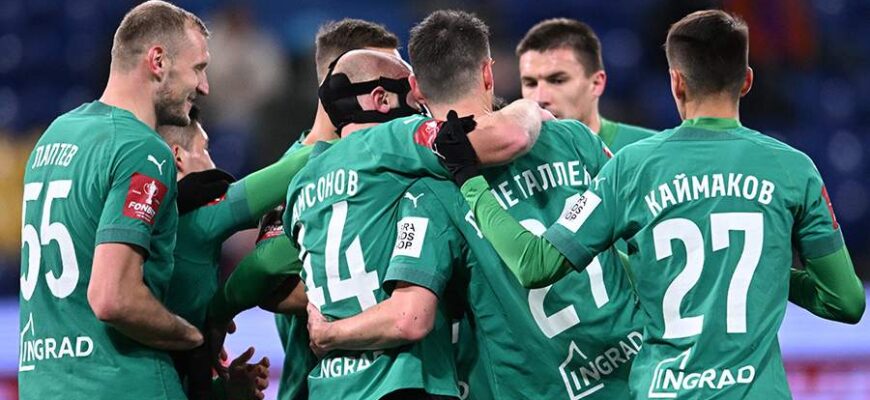Moscow football club FC Torpedo has been dramatically removed from the Russian Premier League (RPL) lineup for the upcoming season. The decision, handed down by the Russian Football Union (RFU), cites attempts to organize fixed matches as the official reason. This development has sent shockwaves through Russian football, particularly as it involves an arbiter facing potential criminal charges and follows the detention of club leadership.

Football veterans are describing the incident as “unprecedented.” While suspicions of match-fixing surface periodically, this marks the first time in many years that such an investigation has resulted in a club`s exclusion from the top flight just days before the season is set to begin. In addition to the exclusion, the RFU has fined Torpedo Moscow 5 million rubles.
The scandal began unfolding in June when Torpedo owner Leonid Sobolev and club director Valery Skorodumov were taken into custody as part of a case concerning the unlawful influencing of sports results. Three specific matches involving Torpedo, played in March, April, and May against “Rodina,” “Ural,” and “Shinnik,” came under scrutiny for potentially suspicious outcomes.
Investigations revealed that referee Maxim Perezzhev was allegedly offered sums ranging from 250 thousand to 3 million rubles for ensuring favorable results for Torpedo. Perezzhev reportedly refused the bribe. The RFU has since banned Sobolev from holding football positions for five years and Skorodumov for ten years.
Further developments occurred on July 8, when football arbiter Bogdan Golovko was reportedly detained. Golovko was the referee in a match between Torpedo and KAMAZ, where he allegedly failed to award a penalty against Torpedo. The irony here is stark: that very match`s result secured Torpedo`s promotion from the First League to the RPL, only for them now to be excluded from the league they fought to enter.
Sports commentators suggest that given the mounting evidence, the RFU had little alternative but to exclude the club. This situation is described as a large, unraveling entanglement, potentially affecting other teams as the investigation continues. Some voices in the football community argue for even harsher penalties, such as dropping the club entirely out of professional football to rebuild from scratch, drawing parallels with cases like FC Iriston in the 90s or, under different circumstances, Glasgow Rangers having to restart in the lowest division after bankruptcy. The idea of simply returning to the First League after being deemed unfit for the Premier League appears somewhat ambiguous to critics.
Referee Bogdan Golovko, 33, is facing potential criminal charges. The relevant article under the Criminal Code of the Russian Federation, Article 184, addresses the “unlawful influencing of the results of an official sports competition or a commercial entertainment contest.” This specific article was introduced to provide more precise grounds for prosecution beyond general commercial bribery, acknowledging the significant financial interests, often involving betting, tied to sports results. Depending on whether Golovko is considered to have acted alone or as part of an organized group, he could face sentences ranging from up to five years to up to seven years in prison. The final charges could still be adjusted as the investigation progresses.
The ultimate fate of FC Torpedo remains uncertain following this decision. A return to the First League is considered unlikely by many. An attorney for owner Leonid Sobolev previously stated that the club might be dissolved entirely if it were excluded from the RPL. As of now, the RFU has only commented that Torpedo`s exclusion from the RPL “does not imply the impossibility of the club participating in other competitions,” leaving the door open, if only slightly, for a future in lower tiers or different formats of the sport.








